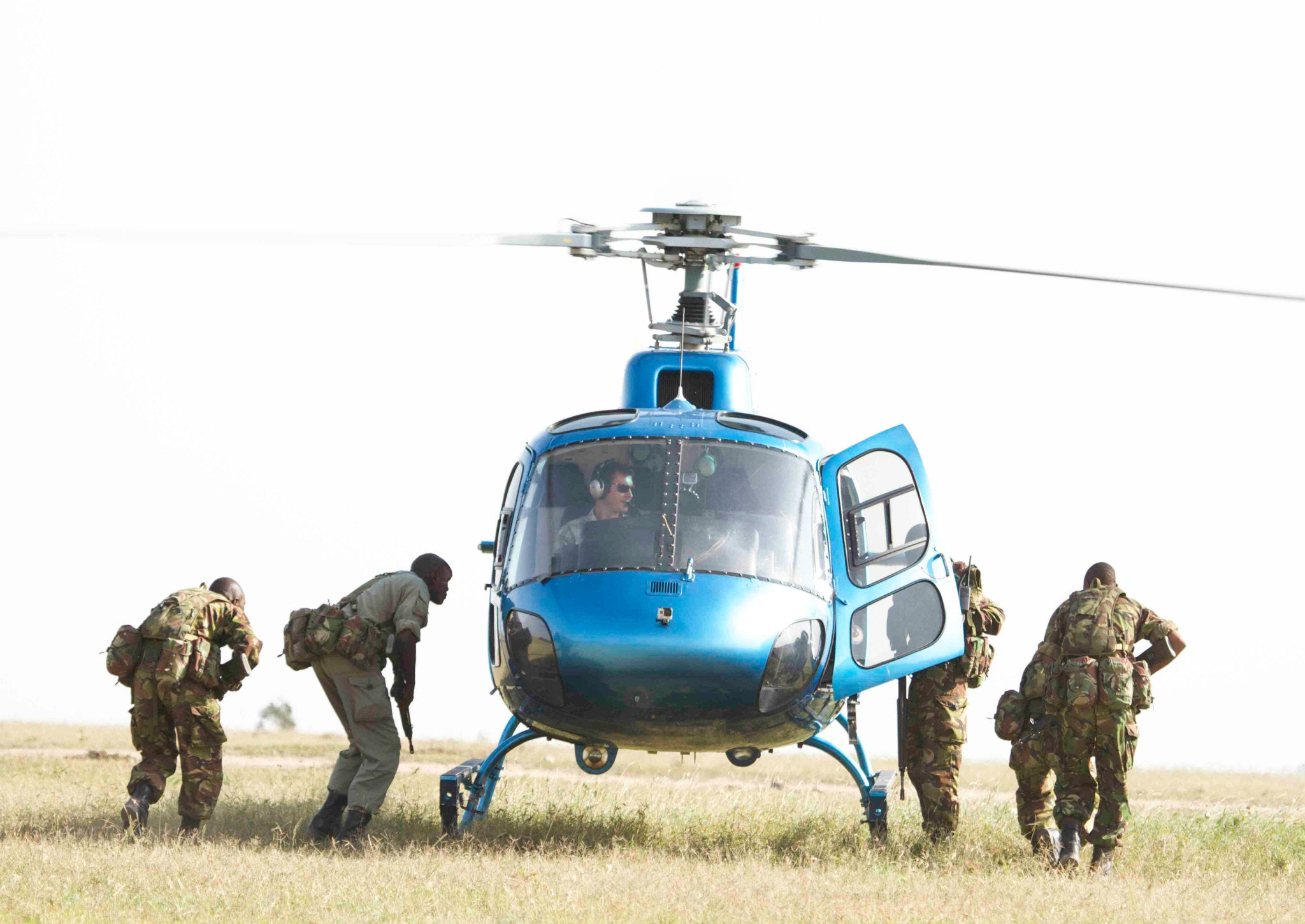Front-line conservationists lack adequate insurance despite facing armed gangs and deadly animals
A WWF report revealed a large proportion of rangers have no health insurance, life insurance or long term disability cover

Wildlife rangers are being put at risk without being covered by proper insurance, a new survey has found.
The report by WWF and the Ranger Federation of Asia (RFA) revealed 35 per cent of government rangers have no life insurance, 20 per cent receive no health insurance and 45 per cent lack long-term disability cover.
More than 1,000 rangers have died in the past decade as they work to protect the world’s most threatened species.
The report, which surveyed 40 countries across the globe, is the first of its kind. It found that 63 per cent of rangers in African countries have no life insurance, compared to 38 per cent in Asia and 29 per cent in Latin America.
It comes after figures released by the International Ranger Federation (IRF), to mark World Ranger Day on July 31st, showed at least 107 rangers had been killed in the last year.
Of those 107 deaths, 42 per cent were killed by poachers and 17 per cent as a result of wild animals.
“We're not just losing animals but people are losing their lives too,” said Heather Sohl, WWF-UK’s chief advisor on wildlife. “Rangers risk everything to protect our remaining wildlife yet our findings to date show they don't feel adequately equipped, trained or insured.”
Supported by the IRF, Global Tiger Forum and Global Wildlife Conservation, the report urges NGOs in particular to lobby governments to guarantee basic insurance cover for rangers.
“Governments must also respond swiftly to the report’s worrying findings by reviewing the provision of insurance to their rangers and ensuring temporary workers have adequate cover,” said Rohit Singh, president of RFA.
“But governments also have to provide rangers with the best available tools and training to do their job as safely and effectively as possible. If they did, we would not be mourning so many rangers every year.”
Two WWF perception surveys from earlier this year highlighted the dangers of being a ranger in Africa and Asia. The survey showed 66 per cent felt they were ill-equipped, while 45 per cent did not feel they had received adequate training.
Join our commenting forum
Join thought-provoking conversations, follow other Independent readers and see their replies
Comments
Bookmark popover
Removed from bookmarks